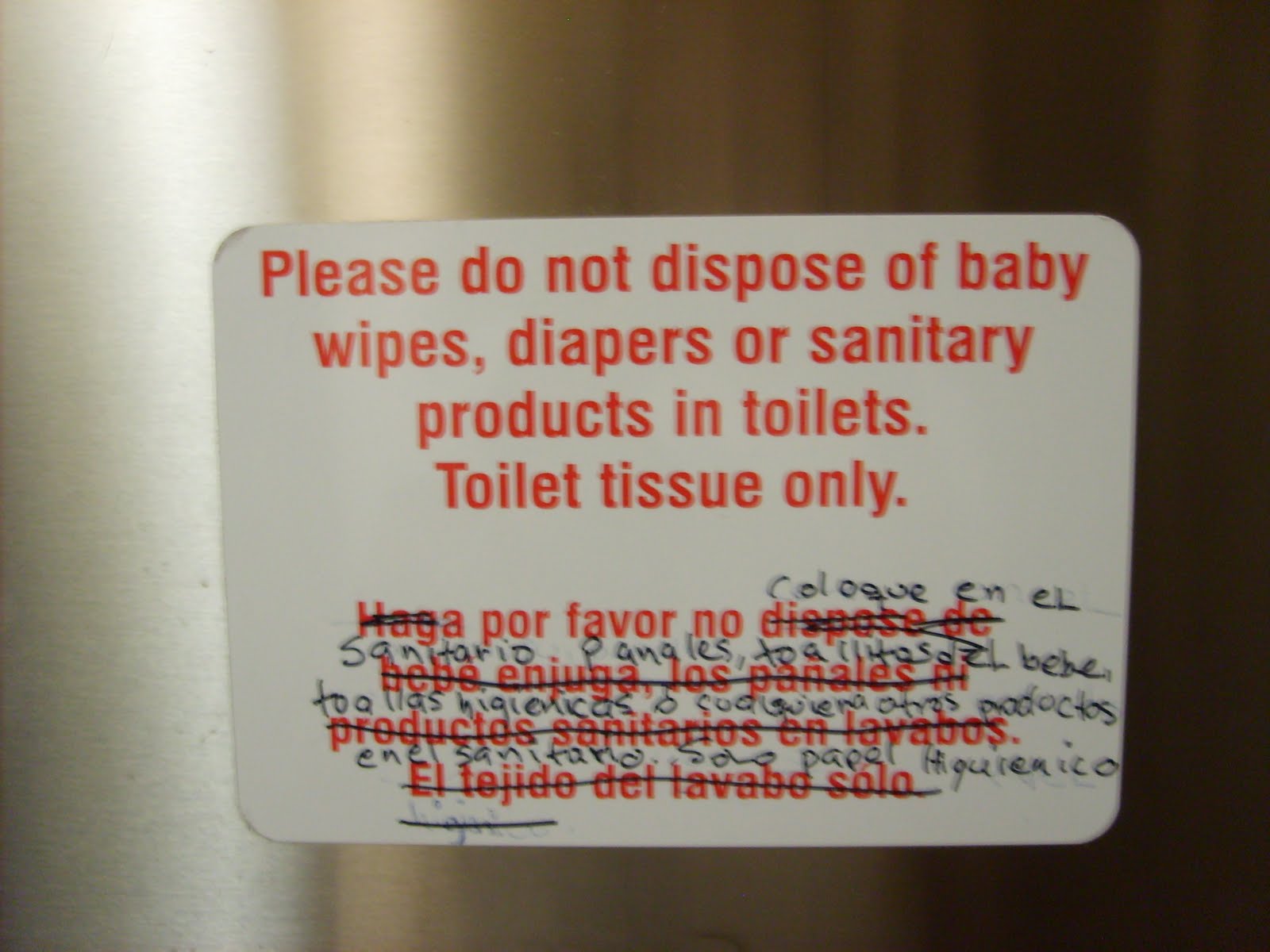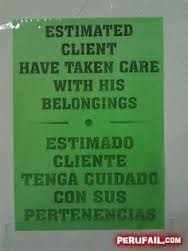Congratulations to the 18 students that made it through the 1st week of Bootcamp!
We lost 4 the first week, but we hope that at least 10 of you make it to the end! Will it be you?
A1: Chrystal M, Jean E, Jennifer G, Rechelle M
A2: Chris S, Lizzie S
B1: Anne M, Bill S
B1.5: Melanie T, Stephanie C
B2: Carol S, Roxie H
B2.5; Eva M
B3: Carolina F, Stephany F
Private Classes: Joy B; Lisa O, Rebecca H
When we asked them how week 1 went and if it was what they expected, this is what they said:
| It was really tough, but I made it happen. Missed not having the face to face class, but will double up next week. |
| Genial! |
| La primera semana fue genial. Requiere un poco de disciplina pero vale la pena. :-) |
| Easy but definitely needed to plan time for the FB conversations and blog responses. |
| Yo fui sorendida como rápido escucha Radio Latina hacerse más fácil. |
| Went great! So far it has been how I would expect. |
| It was pretty awesome! It feels like Spanish Immersion course. I love it. :) |
| Fue bien. Lo disfruti |
| Went great! Was what I expected. |
| Fue más fácil que esperaba. Pienso que usualmente hago las cosas que son necesario para el Bootcamp y entonces no es tan duro asegurar hacerlos cada día. |
| It’s easy this week but I think the next few weeks will be challenging! |
| Supuse que el primero semana iba a ser dificil. Creo que me siento más cómodo con el español hábito diario. Pienso que semana numero dos va a ser mas fácil:) |
| I think I’m going to run into some scheduling issues :( But I’ll keep trying! Lots of travel coming up |
| I struggled to complete everything with an exceptionally full schedule and family in town. |
| Es muy difícil pero me gusta! |
| It was somewhat difficult. I will make a schedule in order to stay on track. |
| Harder because I’m working in Connecticut, will be back August 10. So I have really made a schedule for myself to keep up! |
| Difficult, it was not part of my routine. |
| It was a little bit a work and to get used to but it was fun! |
| Muy bien y estoy en Colorado para una vacción |
When we asked if they had any additional comments, this is what they said:
| Trying to come up with new ways to interact with Spanish speakers. I find that I am very shy when it comes to trying it out with people in public. I will need to work on finding a friend or someone who can correct me when I am saying something in correctly. |
| Working with a friend also helps. Carol and I texted or talked every day to keep each other engaged in the Bootcamp activities. |
| Leyendo en vos alta es muy ayuda por mi pronunciación. |
| I had classes in Peru this week. |
Congratulations chicos! Keep it up!





